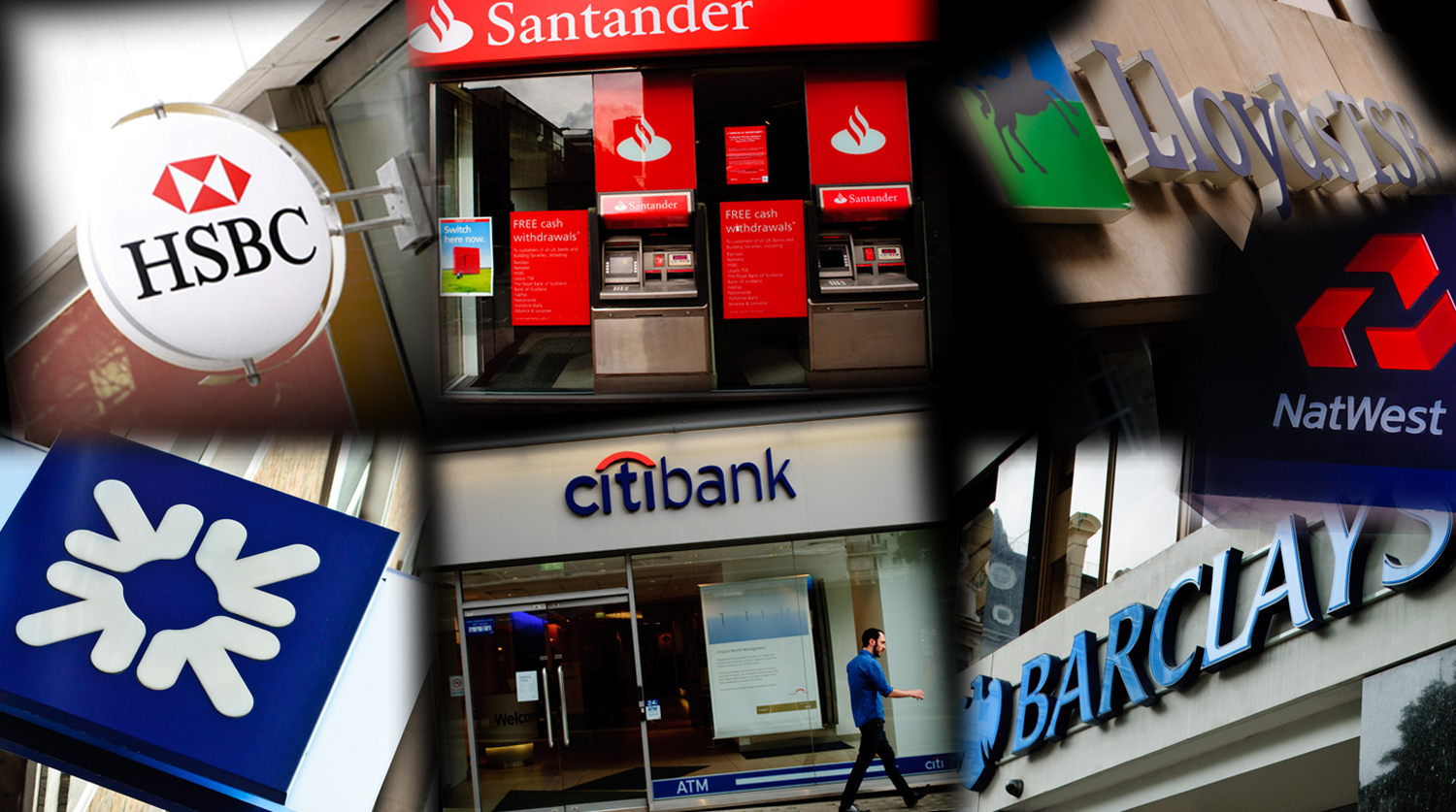News
Technology will boost banking sector competition not new lenders – think tank

An influx of new lenders will not drive competition and innovation in the retail banking sector, a think tank has said.
Instead, the market must reorient towards innovators in payments – from PayPal, Google and Apple, peer to peer networks and online tools such as Zopa, to the banks themselves, according to the Social Market Foundation (SMF).
The think tank suggested that Oyster – the prepaid travel card used by millions of Londoners- should apply for a banking licence and offer pre-paid debit cards.
Emran Mian, director of the SMF, said: “The most profitable customers for banks – the young and the affluent – are shifting online. Branches will have to adapt. At the same time, cheap new technology creates the potential for more competition. Mobile transactions are 50 times cheaper than doing the same thing in a branch.
“It must be only a matter of time before technology companies become the new entrants to banking. The Mayor could shake up the market too. Most Londoners already carry a pre-paid debit card that wasn’t provided to them by a bank – it’s called Oyster. The Hong Kong equivalent already has a banking licence.”
The report also found that bank branches still play an important role despite the growth of new technologies.
Some 62% of people polled said face to face service in a branch is still the preferred mode of accessing bank services despite digital channels growing in popularity for simpler transactions.
Nearly seven out of ten people said they would prefer to go to a branch to open or upgrade a current account, while eight out of ten people would want to go to a branch to seek financial advice.
Steve Cooper, head of personal and business banking at Barclays UK, which supported the study, said: “This report shows that branches will remain a vital and popular way for people to do their banking for decades to come, which we wholeheartedly endorse. What happens in branches will change dramatically: as transactions become more mobile and seamless, customers will choose branches when they want to have face-to-face conversations with people they know and trust.”